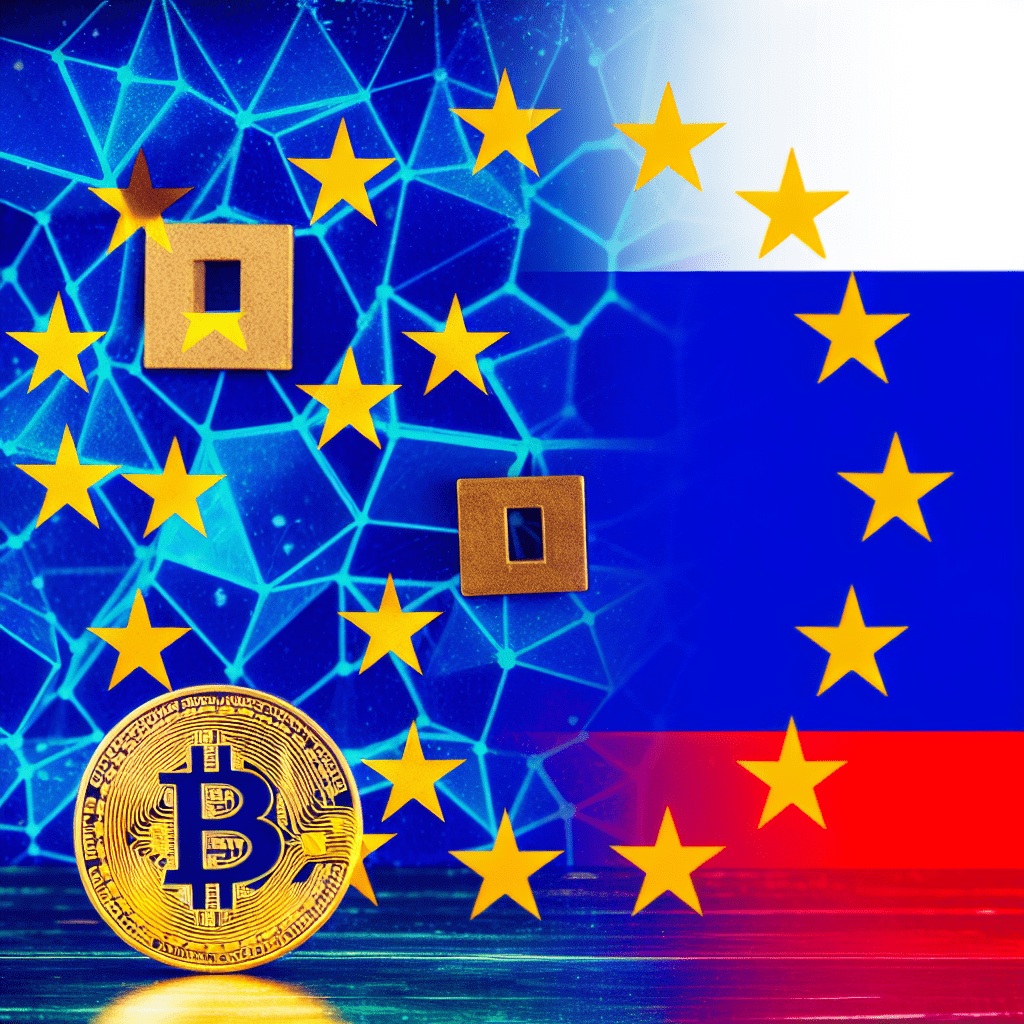The European Union is set to include cryptocurrency platforms in its latest financial sanctions against Russia, marking a significant move as digital asset services are targeted for the first time.
The measures, outlined in the bloc’s 19th sanctions package, ban all cryptocurrency transactions carried out by Russian residents and impose restrictions on dealings with foreign banks associated with Russia’s alternative payment systems, according to a statement released by European Commission President Ursula von der Leyen on Friday.
The package also aims to prevent transactions with entities located in Russian special economic zones.
“As evasion tactics evolve, our sanctions will adjust to maintain effectiveness,” von der Leyen stated. “Thus, for the first time, our restrictive measures will target crypto platforms and ban transactions in cryptocurrencies.”
She mentioned, “We are identifying foreign banks linked to Russian alternative payment service systems while restricting transactions with entities in special economic zones.”
The sanctions are yet to be finalized and must receive approval from all 27 EU member states.
Related: Privacy is ‘constant battle’ between blockchain stakeholders and state
Von der Leyen indicated that the measures are in response to Russia’s “largest-scale drone and missile attacks against Ukraine,” which have included the violation of EU airspace in Poland and Romania by Shahed drones.
Reports suggest that Russian oil firms have utilized digital assets to bypass sanctions, engaging in transactions worth tens of millions of dollars each month using Bitcoin (BTC) and Tether’s USDt (USDT), as reported by Reuters in March, citing four informed sources.
In July, the US Department of Justice charged Iurii Gugnin, who also goes by George Goognin and Iurii Mashukov, a Russian national living in New York, with 22 criminal charges, including laundering over $540 million through his cryptocurrency businesses, Evita Investments and Evita Pay, while facilitating transactions for sanctioned Russian entities.
Related: Swiss banks complete first blockchain-based legally binding payment
Ukraine seeks to empower financial resilience via Bitcoin reserve
Conversely, Ukraine is aiming to bolster financial resilience by proposing a national Bitcoin reserve.
Ukrainian lawmakers have initiated work on a national Bitcoin reserve proposal, with a draft bill nearing completion, as confirmed by Yaroslav Zhelezniak, a member of parliament who told local media outlet Incrypted in May.
This proposal was revealed during the Crypto 2025 conference in Kyiv on February 6. “We will soon submit a draft law from the industry to enable the creation of crypto reserves,” Zhelezniak mentioned.
Since March 7, Bitcoin has been recognized as a potential national reserve asset following US President Donald Trump’s executive order to establish a national Bitcoin reserve funded with BTC seized from criminal investigations.
A month later, Swedish MP Rickard Nordin penned an open letter urging Finance Minister Elisabeth Svantesson to consider adopting Bitcoin as a national reserve asset, referencing its growing acknowledgment as a “hedge against inflation,” as reported by Cointelegraph on April 11.
Magazine: Bitcoin is ‘funny internet money’ during a crisis: Tezos co-founder

